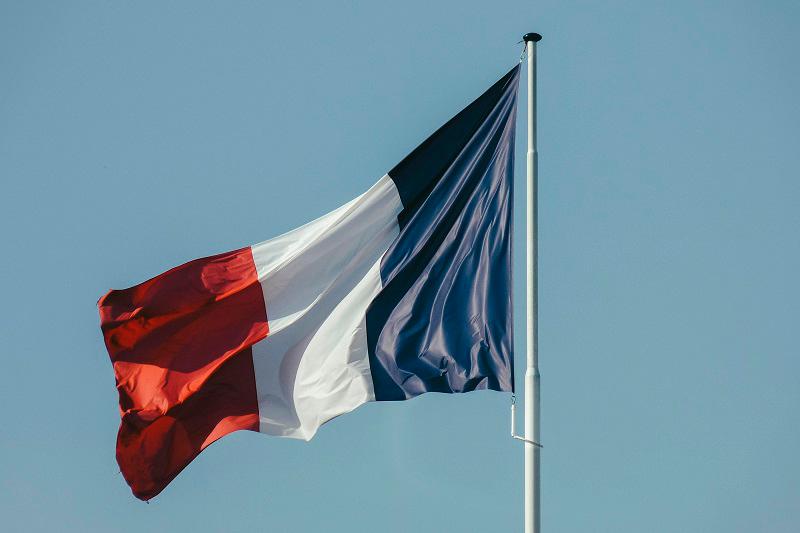PARIS: France’s economy minister said Sunday he wants to make a temporary tax on the wealthy into a permanent levy to make government financing “more equitable”.
Eric Lombard said the measure would be part of efforts to find 40 billion euros next year, mainly from savings, to bring the public deficit to 4.6 percent of GDP in 2026.
Lombard said tens of thousands of French high earners would have to pay more each year as the country battles a debt mountain that has worried markets and ratings agencies.
Individuls earning more than 250,000 euros ($285,000) a year and couples with a joint income of more than 500,000 euros will this year pay a minimum 20 percent income tax.
The government said last year that the special “contribution” would be temporary.
But Lombard told France’s BFMTV: “I hope that this contribution will be lasting”, adding that it had brought in two billion euros ($2.27 billion) for 2024.
His ministry had started work to “verify that the mechanisms which allow the reduction” of taxes for the wealthiest “work in a more equitable manner”, he added.
A special tax on major companies that brought in eight billion euros would not be repeated, said Lombard.
“On the other hand, the two billion contribution from the high-revenue earners... we want to work on this, either maintain it or improve it,“ he said.
It was “a question of financial resources -- two billion is a lot -- and a question of fairness. We are asking a big effort from everyone,“ said the minister, who insisted it would only be a tax on revenues.
Lombard’s office told AFP that the aim of the new measure would be “to combat tax over-optimization”.
France is “on budget alert,“ Mr. Lombard told BFMTV, blaming the country’s “cumulative deficits.”
The 40 billion euro cut in spending would focus “mainly” on “savings”, he added, but “it could also be an increase in revenues linked to growth”.
France’s debt rose by 202.7 billion euros to 3.3 trillion euros ($3.55 trillion) last year, accounting for 113 percent of GDP, according to the official statistics agency and Lombard has acknowledged that this was a threat to France’s financial stability.









